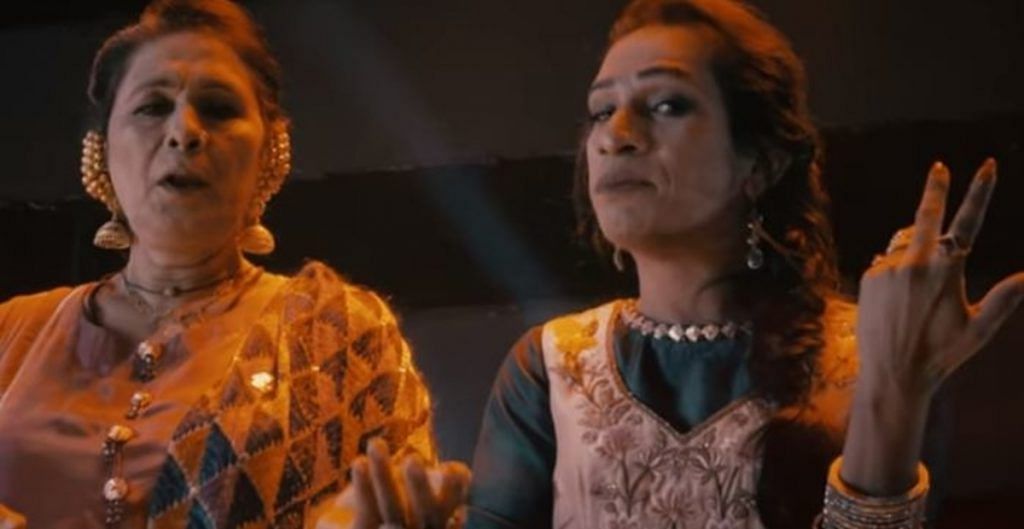Coke Studio Pakistan chooses to showcase genial music over revolutionary poetry. And, therein lies the problem.
When Coke Studio Pakistan launched its Season 11 with Faiz Ahmed Faiz’s Hum Dekhenge, the message was not lost on anyone in India as well as across the border. As Pakistan elects a new leader today amid allegations of ‘miltablishment’ supporting the winning candidate, the song is more relevant than ever.
To understand what I am talking about, one needs to go back to 1985 when legendary ghazal singer Iqbal Bano sang Hum Dekhenge in front of a 50,000-strong crowd. Her black sari was an act of defiance against the Zia-ul-Haq dictatorship, which had banned the attire, and her song a rallying war cry.
Back then, it was an iconic moment not just in Pakistan’s history, but across the subcontinent. Bano’s courageous act reminded us that when we have nothing, we have our voice and our poetry to call out the oppressor. We owe it to ourselves to turn our simple act into a strong political message. It was what Faiz intended it to be.
Yet, Coke Studio chose to do otherwise. It divested Faiz’s song of its soul by quietly removing the most revolutionary lines from the nazm: Sab taaj uchaale jayenge, sab takht giraaye jayenge (all crowns will be tossed away, all thrones will fall to the ground).
Little wins & genial music
Yes, there were little wins in the Coke Studio version of the song. Many people pointed out that transgender singers Lucky and Nagmah sang the line Jo mai bhi hun aur tum bhi ho – a powerful statement of inclusion and representation.
Coke Studio has worked all these years because it intuitively understood how powerful music can be when used as a conduit for memories and possibilities. However, when Season 11 was announced, two things became clear: it understands how music can connect people, but it often forgets where and how the music comes from. And, therein lies the tragedy.
It defanged and robbed Faiz’s song of the power, and gave us genial music in return. By doing so, it erased the history of anger in Pakistan. This is emblematic of the times we live in – we are pacified by the small, minuscule victories we are allowed to have without upsetting the status quo.
A common ground
When Coke Studio burst onto the scene in 2008, I felt like I finally found a language I understood. It melded with the words that I learned from my parents, sitting with them every weekend and listening to the music that defined their youth and that my generation appreciated.
This might sound like a romanticisation of what is clearly just Coca-Cola making money by tugging at the strings of nostalgia and the idea of home as we know it. But Coke Studio gave us a common ground to meet on. Any Coke Studio video on YouTube would invariably show one comment like ‘I am from India and I love Pakistani music! You’re like our family!’
After a day of watching our angry media throwing vitriolic rhetoric against the neighbour, it is nice to be able to slip into a moment of peace and camaraderie over a song.
The songs also exposed an entire generation to the classics of Sabri brothers, and the legend of Sohni-Mahiwal.
For me, the songs were something my father and I shared (even if it was just to tell me the original was so much better). At times, I felt the songs represented me as a person – on the cusp of something new, yet familiar. I have a feeling that’s what Pakistan needs too. A reminder that they can be new, that they are not bound by the failures of the years behind them.
I hope for a better Pakistan. I hope Pakistanis remember that they’re not bound by what is fed to them, and that they can, and should, ask for better. Like Faiz and Bano, Pakistan needs to be angry and must demand for more. They owe it to themselves.
The Pakistani friends I’ve made over the internet and beyond – young, restless and hopeful people – should remember what Faiz himself had to say about the darkest times.
Dil na umeed to nahin, nakaam hi to hain;
lambi hai gham ki sham, magar sham hi to hai.
The heart isn’t without hope, it is just without a way;
It is a long evening of sorrow, but when do evenings ever stay?
Harnidh Kaur is a poet
